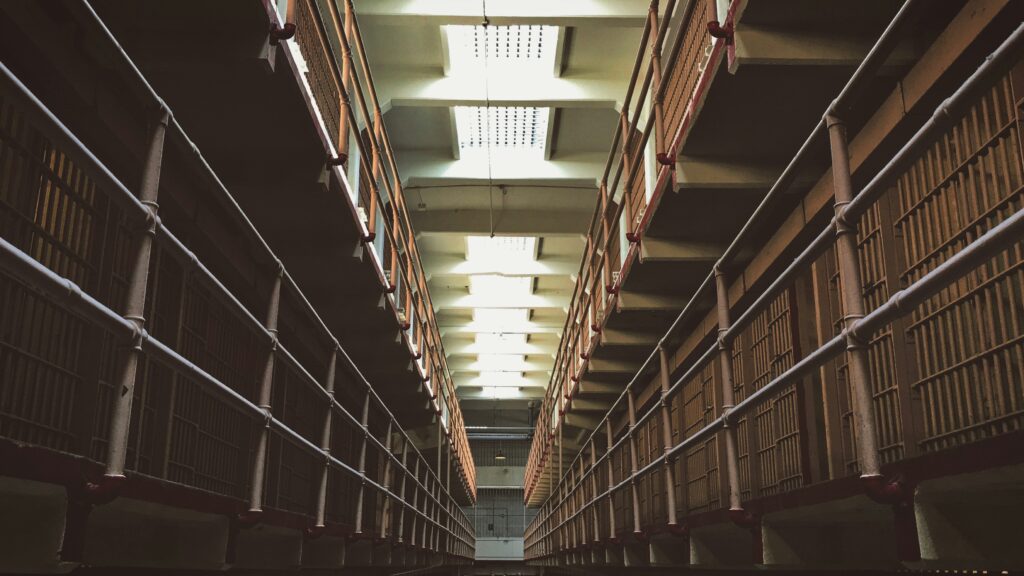It is imperative that we continue to fight for economic justice for all Oregonians, but especially for those communities who were targeted by the racist criminalization of cannabis in our state for decades.
The Oregon Economic Equity Investment Fund will do exactly that. During the 2022 short session and under the leadership of (then) Senator Akasha Lawrence-Spence, the Oregon legislature passed SB 1579, the Economic Equity Investment Act, to build economic stability, self-sufficiency, wealth building and economic equity among disadvantaged individuals, families, businesses, and communities in the state. The program was allocated $15 million and will distribute funding to organizations who will, in turn, implement programs and provide resources to eligible beneficiaries to address long standing economic inequities in four key areas: 1) ownership of land and property; 2) entrepreneurship and business development; 3) workforce; and 4) intergenerational wealth building.
Unfortunately, the Act was only given one-time, limited funding, making it almost impossible for Business Oregon to spread these limited funds across the four buckets outlined above.
Now, advocates are continuing to push for the use of cannabis tax revenue in the state to help fund these culturally responsive programs ongoing, and have introduced House Bill 3431 in response to this need. The bill’s first hearing is on Tuesday, March 21, 2023.
You can submit testimony here.
What is Oregon House Bill 3431?
Advocates say that it is important to secure ongoing funding for economic justice with cannabis taxes, and they have filed House Bill 3431, which has already had it’s first reading and has been assigned to a committee. HB 3431 would specifically provide a permanent revenue stream from the Oregon Marijuana Account to fund the Economic Equity Investment Program created under chapter 103, Oregon Laws 2022 (Enrolled Senate Bill 1579).
HB 3431 has been assigned to the House Committee on Economic Development and Small Business. Sponsors include Oregon House Reps Bynum (chief) and Nelson, Senators Frederick (chief), Manning (chief) Jama and Woods, as well as Senator Campos and Reps Dexter, Helm, Meek, K Pham and Sosa (chief).
The next step is preparing to testify that investing in communities of color and rural communities, the underfunded communities suffering the most from behavioral health disparities, is the obvious next step for the $300M per biennium in cannabis taxes.
HB 3431 and Economic Justice in Oregon
Black people were arrested at 4 times the rate of their White counterparts in Oregon for cannabis possession despite usage being equal across races. The criminal justice system stripped wealth from Black families with documented targeting of Black communities like draconian War on Drugs laws. Oregon faces an imperative to address economic justice with the legalization of cannabis. Closing the wealth gap is a root cause solution to pressing concerns facing Oregon. The communities at the bottom of the wealth gap are the same communities experiencing the highest substance abuse mortality rates. Extreme poverty and substance abuse are intersecting issues in Oregon that must be addressed upstream and downstream. The obvious next step for the $150 million per year collected in cannabis taxes is ongoing funding of economic stability programs and substance abuse treatment for the most vulnerable Oregonians. The Economic Equity Investment Program (EEIP), created in 2022, directed Business Oregon to provide one-time funding to community-based organizations with solutions that build generational wealth for communities experiencing multiple economic risk factors. HB 3431 asks the legislature to make ongoing, holistic investments with cannabis taxes achieve positive change in the intersecting inequities of poverty and substance abuse.
Measure 110 and HB 3431
In 2020, Oregon passed Measure 110 which essentially decriminalized all substances in the state, and uses cannabis tax dollars for (they say) helping those in need with substance abuse treatment and recovery. Unfortunately, this has not rolled out accordingly, with Measure 110 even being audited just a couple months ago, and we are seeing a misuse of the cannabis tax dollars.
HB 3431 requests the use of cannabis tax dollars for viable options that will, in fact, provide solutions to these same problems in a proactive, rather than reactive manner, and also provides the services and support that people need for long term recovery and stability. Social and economic stability is tied to substance abuse treatment success. Medical research says closer links must be made in treating the economic and social conditions that drive inequities in behavioral health care.
Substance abuse death rates are increasing at alarming rates for Black Americans. The 2020 overdose mortality rate among Black individuals was higher than that among White individuals for the first time since 1999. Black communities have experienced higher annual percentage increases in overdose deaths compared with their White counterparts each year since 2012. American Indian or Alaska Native individuals experienced the highest rate of overdose mortality in 2020 (41.4 per 100 000), which was 30.8% higher than that for White individuals.
HB 3431 and Oregon Cannabis Tax Revenue
As you may know, Measure 91 was responsible for legalizing adult-use cannabis in 2014, per the will of Oregon voters. This measure promised to help rebuild communities by using the plight of Black and Brown people to sell the initiative to the masses, yet very little has been done to actually do that. Measure 110 took the majority of those funds away from education by capping how much actually ends up there and re-directed it to addiction treatment and recovery, away from the people it was promised to. While advocates agree with some of what Measure 110 stands for, prioritizing addiction and treatment above opportunity for children, families, and these devastated communities is morally reprehensible. Running legalization campaigns that promise to benefit children with no measurable outcome 9 years later is also morally reprehensible. There is no measurable impact from Measure 110, or for rebuilding communities as promised by Measure 91. A child who was 9 in 2014 when Measure 91 was passed has seen no benefit, and that needs to change. This is why advocates, including the bulk of the cannabis industry in Oregon, and legislators who are supporting HB 3431 are so passionate about the use of cannabis tax revenue as ongoing funding for this cause.
HB 3431 is Culturally Responsive
Historically, certain communities have been left behind — underinvested in education, business capital, land grant programs, and workforce development. These are also the communities in Oregon who hold less generational wealth, translating to more economic instability.
Black, Native, and Latinx communities have the lowest homeownership rates and their homes hold less value than other racial and ethnic groups. The wealth of Oregon’s Black, Native, and Latinx communities is not growing at pace with other racial and ethnic groups. And for Black and Latinx families, census data shows median wealth could hit zero by 2053. HB3431 works to create real, long-term solutions to address these issues.
Look here learn more about HB 3431 or submit testimony for the hearing on Tuesday.





